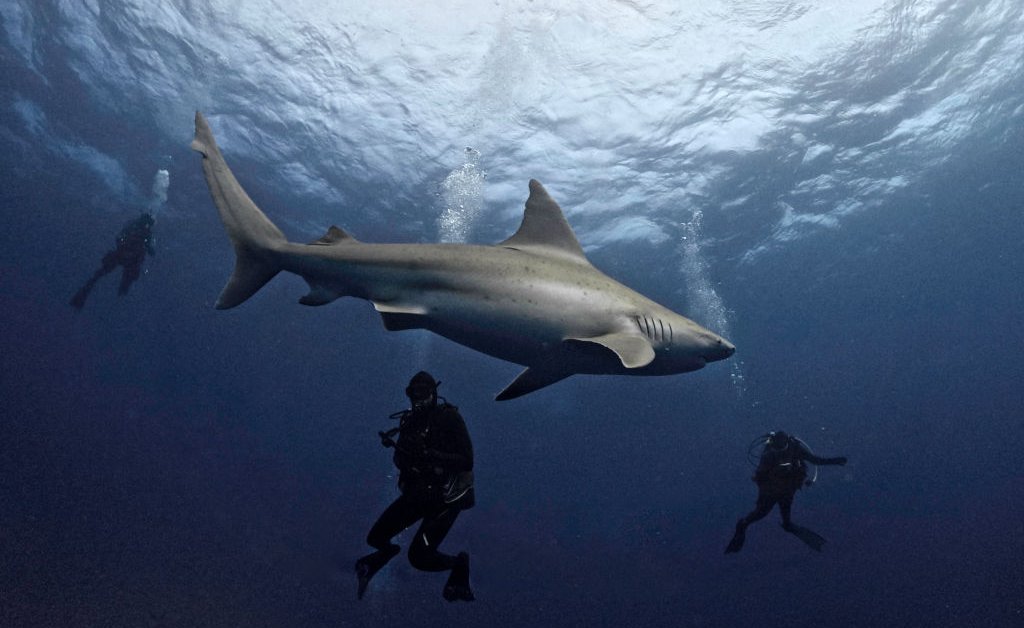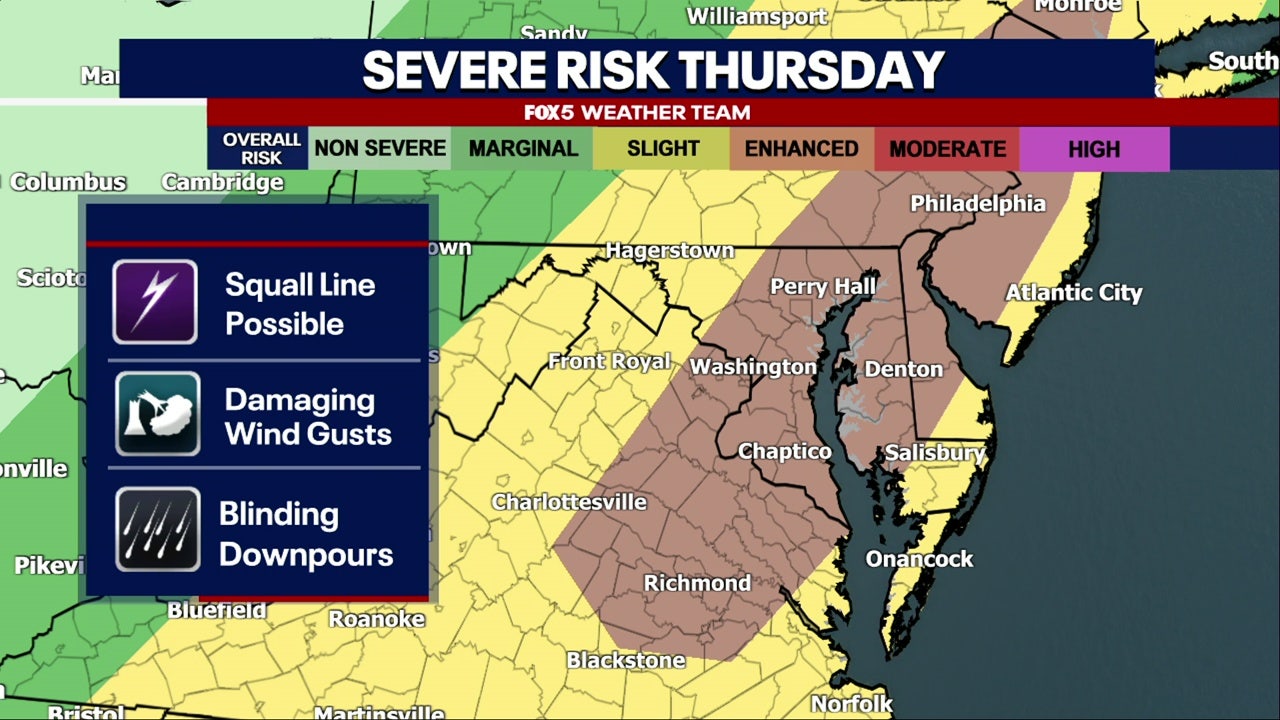How Jaws Fueled Public Fear And Shaped Marine Policy

Welcome to your ultimate source for breaking news, trending updates, and in-depth stories from around the world. Whether it's politics, technology, entertainment, sports, or lifestyle, we bring you real-time updates that keep you informed and ahead of the curve.
Our team works tirelessly to ensure you never miss a moment. From the latest developments in global events to the most talked-about topics on social media, our news platform is designed to deliver accurate and timely information, all in one place.
Stay in the know and join thousands of readers who trust us for reliable, up-to-date content. Explore our expertly curated articles and dive deeper into the stories that matter to you. Visit Best Website now and be part of the conversation. Don't miss out on the headlines that shape our world!
Table of Contents
How Jaws Fueled Public Fear and Shaped Marine Policy
The summer of 1975 saw the release of Steven Spielberg's Jaws, a cinematic masterpiece that captivated audiences worldwide but also left an indelible mark on public perception of sharks and significantly influenced marine policy. The film's terrifying portrayal of a great white shark instilled a widespread fear of these magnificent creatures, leading to dramatic consequences for shark populations and conservation efforts. This article explores the lasting impact of Jaws and how it irrevocably altered the relationship between humans and the ocean.
The "Jaws" Effect: A Culture of Fear
Before Jaws, shark attacks, while tragic, were relatively rare events. The film, however, transformed the great white shark into a symbol of terror, fueled by its suspenseful narrative and Spielberg's masterful direction. The media frenzy surrounding the film's release amplified this fear, leading to a surge in negative public perception of sharks. News reports sensationalized every shark sighting, contributing to a climate of panic and a widespread belief that shark attacks were commonplace and imminent. This fear, often dubbed the "Jaws effect," had tangible consequences.
The Dramatic Rise in Shark Cullings
One of the most significant impacts of Jaws was a dramatic increase in shark culling programs worldwide. Governments, responding to public pressure and fueled by a mistaken belief that widespread shark culling was necessary for public safety, implemented aggressive shark-killing initiatives. Millions of sharks, including many non-threatening species, were killed unnecessarily. These actions significantly depleted shark populations and disrupted delicate marine ecosystems. The indiscriminate nature of these culls highlighted a lack of understanding of shark behavior and the crucial role they play in maintaining ocean health.
Shifting Marine Policy and Conservation Efforts
The aftermath of the Jaws phenomenon forced a reevaluation of marine policy and conservation strategies. Scientists and conservationists began to actively challenge the misinformation and fear-mongering surrounding sharks, emphasizing the importance of understanding shark behavior, their crucial role in the marine ecosystem, and the need for responsible conservation. This led to increased research on shark populations, habitats, and migration patterns.
A Legacy of Misunderstanding and the Path to Conservation
While Jaws undeniably fueled public fear and led to devastating consequences for shark populations, it also inadvertently catalyzed a shift towards greater awareness and understanding of these vital creatures. The film's impact highlighted the need for responsible management and conservation strategies, ultimately leading to stricter regulations on shark fishing and increased efforts to protect vulnerable shark species.
Today, organizations like the Pew Charitable Trusts and the Ocean Conservancy are actively involved in shark conservation, working to educate the public and advocate for responsible policies that protect these magnificent creatures. Their work reflects a move away from the fear-based responses of the post-Jaws era towards a more scientifically informed and nuanced understanding of sharks and their role in a healthy ocean ecosystem.
Looking Ahead: Beyond the Fear
Jaws serves as a stark reminder of how easily misinformation can shape public perception and influence policy decisions. The film's legacy underscores the importance of science-based conservation, accurate reporting, and responsible communication when it comes to protecting our oceans and the incredible creatures within them. By understanding the past, we can work towards a future where fear gives way to appreciation and responsible stewardship of our marine environment. Learn more about shark conservation efforts by visiting [link to a relevant organization's website].

Thank you for visiting our website, your trusted source for the latest updates and in-depth coverage on How Jaws Fueled Public Fear And Shaped Marine Policy. We're committed to keeping you informed with timely and accurate information to meet your curiosity and needs.
If you have any questions, suggestions, or feedback, we'd love to hear from you. Your insights are valuable to us and help us improve to serve you better. Feel free to reach out through our contact page.
Don't forget to bookmark our website and check back regularly for the latest headlines and trending topics. See you next time, and thank you for being part of our growing community!
Featured Posts
-
 Trumps Apparent Retreat From Anti War Sentiment What It Means
Jun 19, 2025
Trumps Apparent Retreat From Anti War Sentiment What It Means
Jun 19, 2025 -
 Celta Vigos Fer Lopez Set For Wolves Medical
Jun 19, 2025
Celta Vigos Fer Lopez Set For Wolves Medical
Jun 19, 2025 -
 From Fer Lopez To 8 5m Messi Comparison Wolves New Transfer Target
Jun 19, 2025
From Fer Lopez To 8 5m Messi Comparison Wolves New Transfer Target
Jun 19, 2025 -
 Summer Of Scrutiny Trump Administrations Targeting Of Climate Experts And The Potential Consequences
Jun 19, 2025
Summer Of Scrutiny Trump Administrations Targeting Of Climate Experts And The Potential Consequences
Jun 19, 2025 -
 Thursdays Forecast Dc Area Faces Severe Storms Possible Tornadoes
Jun 19, 2025
Thursdays Forecast Dc Area Faces Severe Storms Possible Tornadoes
Jun 19, 2025
